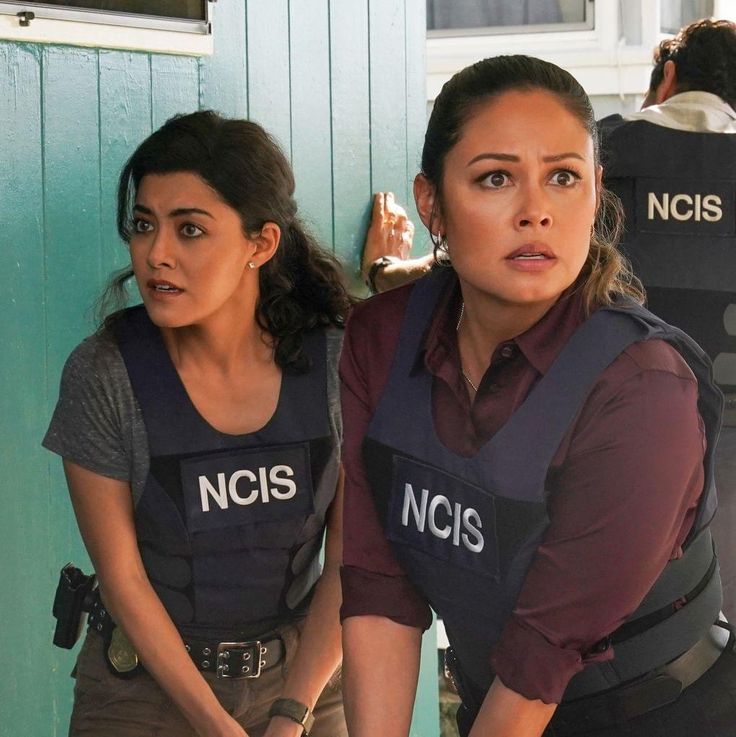
If there’s one thing Hollywood loves more than sequels, it’s reboots. But sometimes, the obsession with recycling old ideas goes way too far—and CBS’s latest move proves it. Yes, the network is reportedly bringing back a series that failed not once, but twice. And everyone’s asking the same question: why on Earth would they do that again? Let’s dig into what’s really going on behind this baffling decision, and whether CBS might actually pull off the impossible this time.
The Curious Case of the Double Flop
So, what’s the show in question?
While CBS hasn’t officially named it yet, multiple insiders have hinted that the reboot in development is of a show that’s been canceled twice before—once in the early 2000s and again in the 2010s. That alone should make anyone raise an eyebrow.
Networks usually give up after one failure. Two? That’s television suicide… unless there’s something bigger at play.
Why CBS Keeps Digging Up Old Shows
Let’s be honest—CBS isn’t alone in this. Reboots are everywhere. From Fuller House to The Fresh Prince of Bel-Air remake (Bel-Air), networks keep banking on nostalgia.
But CBS takes it to another level. Remember Magnum P.I.? MacGyver? Even Hawaii Five-0 got a second life.
These reboots worked for a while, but they eventually burned out. Still, CBS keeps trying because nostalgia sells—at least at first.
Nostalgia: The Double-Edged Sword
Nostalgia is like sugar: sweet at first, but too much gives you a headache.
CBS knows audiences love comfort TV—the kind that reminds them of the “good old days.” But when a show has already failed twice, it’s not comfort; it’s chaos.
So, why risk it? Because nostalgia-driven shows bring instant recognition. Viewers already know the name, the theme song, the characters. That’s half the marketing battle won.
The Streaming Wars Factor
Here’s the real reason: streaming competition is brutal.
CBS (and its digital arm, Paramount+) is struggling to keep up with giants like Netflix, Disney+, and Prime Video. To stand out, they need something familiar yet buzzy—something that gets people talking.
Even if the reboot flops again, it’ll still trend. In today’s attention economy, a flop that goes viral is better than a hit that no one notices.
The Psychology Behind “Third Time’s the Charm”
Believe it or not, there’s a psychological angle here. Audiences love a comeback story. If CBS can market this as a “third chance” redemption arc, it might actually grab attention.
Think about it—people root for underdogs. And this show? It’s the ultimate underdog of TV history.
CBS’s Reputation for Playing It Safe
CBS has always been the “safe” network—procedurals, sitcoms, and predictable comfort TV. But maybe that’s changing.
This risky reboot could be their way of shaking off the “dad TV” image and attracting younger viewers.
They’ve already tried spicing things up with shows like Ghosts and So Help Me Todd, but those have a different audience. A bold, viral reboot could change the narrative.
The Power of Social Media Hype
In 2025, Twitter (or X), TikTok, and YouTube drive the conversation. Even bad TV can go viral if it sparks memes, debates, or nostalgic throwbacks. CBS might be banking on exactly that—turning internet noise into ratings gold.
If everyone’s talking about how bad or unnecessary the reboot is, CBS still wins.
Because, let’s face it—controversy equals clicks.
Reboots That Bombed (and What CBS Should Avoid)
Let’s not forget the graveyard of failed reboots:
-
Charlie’s Angels (2011)
-
Knight Rider (2008)
-
Heroes Reborn (2015)
They all made the same mistake—nostalgia without innovation.
Viewers don’t want a carbon copy; they want a fresh spin that respects the original but feels relevant today.
What This Reboot Needs to Succeed
If CBS truly wants to make this third attempt work, they’ll need to:
-
Modernize the story. Reflect current culture and trends.
-
Cast fresh, diverse talent. Don’t rely on the same old faces.
-
Hire passionate writers. People who love the original, not just recycle it.
-
Engage fans early. Build hype through social media teasers and nostalgia-driven campaigns.
-
Focus on quality over quantity. No filler episodes, no lazy writing.
The Financial Gamble CBS Is Taking
Let’s talk money. Reboots can be cheaper than new shows since the brand already exists, but when one’s flopped twice, advertisers get nervous.
CBS must believe the potential reward outweighs the risk. Maybe they’ve seen analytics suggesting the show still has a cult following online. Maybe old reruns performed surprisingly well on Paramount+. Either way, this isn’t just a creative risk—it’s a business gamble.
Could CBS Be Testing Viewer Loyalty?
Here’s a theory: this reboot might not be about ratings at all.
CBS could be using it as a test—to see how far they can push their loyal audience. If die-hard CBS viewers tune in out of curiosity, that’s data gold for future programming decisions.
What Fans Are Saying
Social media is already buzzing with reactions ranging from disbelief to cautious optimism.
Some fans are excited, hoping CBS learned from past mistakes. Others are downright furious, calling it “the most unnecessary reboot ever.”
But either way, it’s getting attention—and that’s exactly what CBS wants.

The Big Picture: Hollywood’s Reboot Addiction
This isn’t just a CBS problem—it’s a Hollywood epidemic.
Studios are terrified of new ideas flopping, so they stick with what’s familiar. It’s why every franchise—from Star Wars to The Office—keeps getting revived.
Creativity takes a back seat to safety. But in playing it safe, they might just be risking their credibility.
Final Thoughts: Genius Move or Epic Mistake?
So, is CBS being bold—or just desperate? Honestly, it could go either way.
If done right, this reboot could be a redemption story for both the show and the network. If done wrong, it’ll go down as the most predictable flop in TV history.
Either way, one thing’s for sure: we’ll all be watching… even if just to see how bad it gets.
Conclusion
In a media world obsessed with reboots and revivals, CBS’s decision to resurrect a two-time failure is either an act of genius or madness. Maybe both. But in the age of social media, even bad press is good press—and CBS knows it.
Whether this gamble pays off or crashes harder than before, one thing’s clear: nostalgia still rules Hollywood, for better or worse.